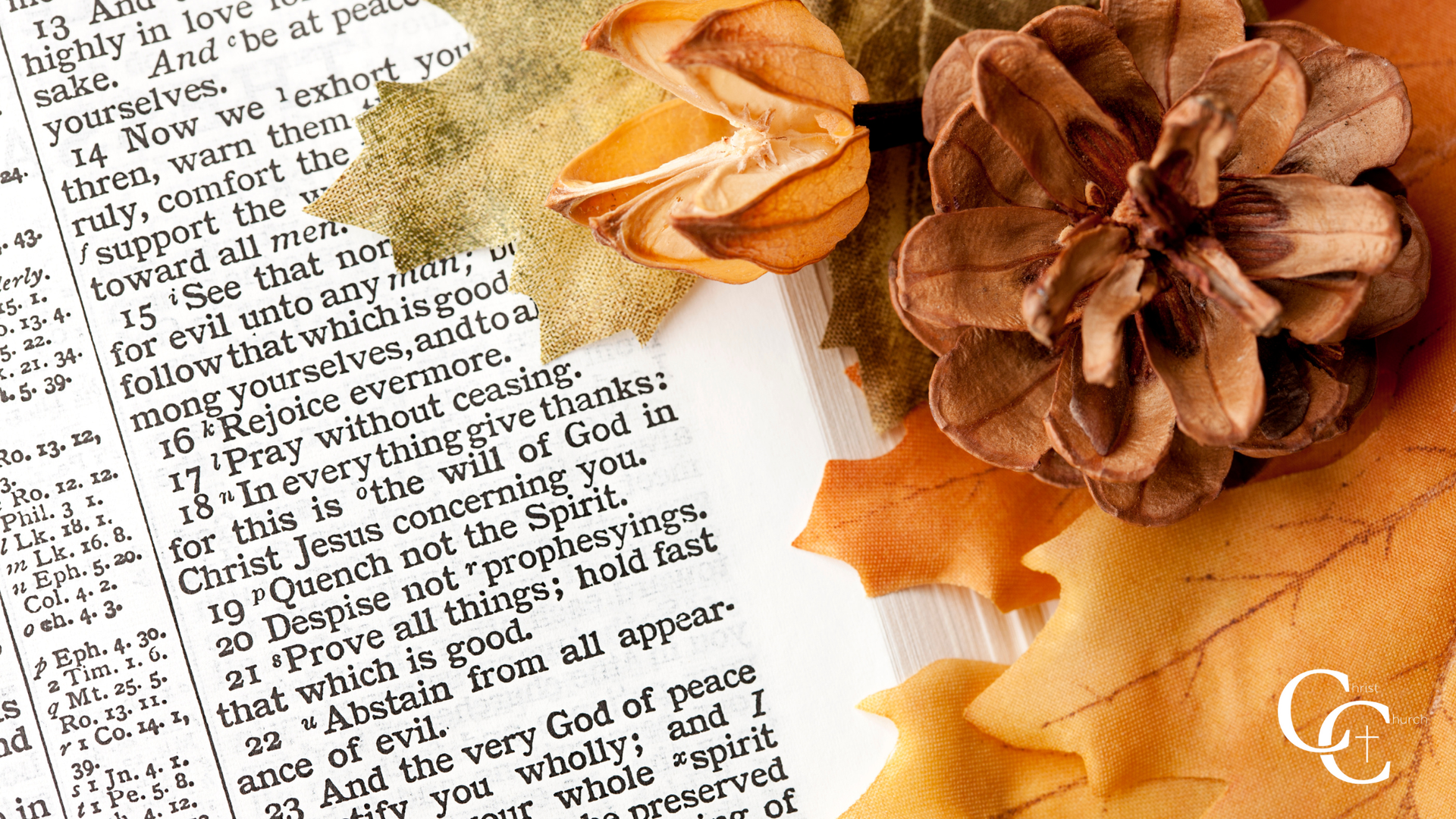Are You Ready To Be Stretched?
Are you willing to adapt your heart and your practice of following Jesus Christ in this new movement to further the kingdom?

Christ Church,
I want to share with you something I recently wrote for the Wesleyan Covenant Association and the Global Methodist Church.
In the past week, I have been reading and conversing with others about the traditions that we, as Methodist Christians who are disaffiliating from the United Methodist Church want to retain, as well as the theology and practices we want to reclaim. One broad category I want to reclaim is the Holiness orientation. This is where early Methodism shone, and from it, Methodism in America grew the most. And while United Methodism still has vestiges of parts of this movement in its DNA, it is a recessive trait today at best.
Holiness refers to the Holiness of Heart and Personal Holiness or piety. In the theology emphasized in this movement, we find our doctrine of Grace and Justification, Prevenient Grace, Justifying Grace, and Sanctifying Grace. These describe our understanding of how God calls us, redeems us, and perfects our hearts. In turn, these forms of grace, as they change our orientation from opposing God to following Him, also need to be reflected in how we interact with one another in the church and the world around us.
In reclaiming the Holiness Tradition, we will find that developing personal holiness as a concept and in practice will lead us into conflict with the culture around us. The modern world is no less opposed to the idea of those who hold our relationship with Christ as the first and most important relationship in our lives. This will change how we live; as we align with Jesus, we will live more and more out of alignment with the world. And people will not like this because our beliefs and how we live will cause them to be convicted by their consciences. You don’t have to say anything if you start acting differently, if you stop specific actions and behaviors, if you change the way you speak by cleaning up your language and stop the gossip others will notice and become uncomfortable.
Over a decade ago I was pastoring a church with a group that experienced a significant holy moment, and they began to change. They became more dedicated to following in Jesus’ footsteps and more aware of how, in their personal lives, they were not living for Jesus. As these changes occurred others even in the church became uncomfortable because this renewal in the lives of these friends made them see how they were living in ways that were more reflective of society than of followers of Christ. At first, tremendous social pressure and downright confrontation took place. But when this group of changed people refused to revert to old habits it compelled others to either change, distance themselves from them, or, in some cases, leave the congregation.
It's important to note that profound change does not happen without conflict. Not all conflict is good, but inversely, not all conflict is bad; what is essential is how we manage conflict. In the case of these folks, they stood steadfast in their beliefs and their renewed faith and loved those around them. Loving those around them meant patiently sharing why they had changed and inviting others into this new reality. It meant creating space for others to struggle with their lives with Jesus Christ and allowing them to make decisions to back away, even when it was painful.
As we exit the United Methodist Church, we must name and accept the defining traits of this new thing that God is creating among us, The Global Methodist Church. We have to pull and reestablish the best parts of our theological heritage; we have to look around the Christian landscape to see the best practices of others and adapt them for this new movement of God. And in doing so, we will make many uncomfortable in the church and the world, even among those that align with us in this new denomination.
What are some of the Traditions from Methodism that you want to continue and reclaim?
Are you willing to adapt your heart and your practice of following Jesus Christ in this new movement to further the kingdom? Are you ready to be stretched?
Can you hold fast when those around you feel convicted in their faith and practice and even allow them to walk away from you?
Can you handle the conflict that comes and manage it well, understanding that the real struggle for yourself and them is with Jesus?
Many of you have already answered these questions as you exited the UMC. But this is spiritual warfare, and we have only fought the first battles. I invite you to see that we will soon move from direct conflict to a cold war where we will be tempted to fall back into old habits, not to be the evangelical church that we are called to be, to focus on dogma rather than struggle with personal holiness, to retreat into the silo rather than venture into the world singing praises to the Lord.
Glory to God!












